Lebanon, Sep 19 (V7N) – A second series of deadly explosions struck Hezbollah strongholds in Lebanon on Thursday, leaving the group in disarray just hours before a scheduled address by its leader, Hassan Nasrallah. Officials confirmed that the latest explosions killed 20 individuals and injured more than 450, raising concerns of a potential escalation with Israel.
These new attacks followed a separate incident on Wednesday, where the detonation of pagers used by Hezbollah members resulted in the deaths of 12 people, including two children, and injuries to nearly 2,800 across Lebanon. The attacks, which have been attributed to Israel, mark an unprecedented escalation in the conflict.
According to a source close to Hezbollah, the latest explosions targeted walkie-talkies used by its members in Beirut, with state media reporting similar detonations in southern and eastern Lebanon. Footage from AFPTV captured panic as an explosion occurred during a funeral for Hezbollah militants in southern Beirut.
"The series of enemy explosions that targeted communication devices killed 20 people and injured over 450," the Lebanese Ministry of Health stated.
Israel has not issued a comment on the explosions. However, prior to the attacks, Israeli officials had signaled a broader military strategy. Israeli Defense Minister Yoav Gallant said on Wednesday, "We are at the start of a new phase in the war," during a visit to an airbase, indicating a shift in focus towards Hezbollah.
Amos Harel, a defense analyst with the Israeli newspaper Haaretz, suggested that these attacks have pushed Israel and Hezbollah to the brink of a full-scale conflict.
Diplomatic Concerns
Amid rising tensions in the region, senior diplomats from the United States, United Kingdom, Germany, France, and Italy are set to meet in Paris on Thursday ahead of a United Nations Security Council meeting scheduled for Friday. U.S. Secretary of State Antony Blinken is expected to join discussions in Paris after meetings in Cairo focused on a potential ceasefire in Gaza.
The White House has cautioned against further escalation. "We don't believe additional military operations will solve the current crisis," U.S. National Security Council spokesperson John Kirby said.
Hezbollah, backed by Iran, has engaged in frequent cross-border exchanges of fire with Israeli forces since Hamas initiated its attacks on October 7. Lebanese Foreign Minister Abdallah Bou Habib condemned the explosions as a "blatant assault on Lebanon's sovereignty and security," warning that it could lead to a broader conflict.
Hezbollah has accused Israel of being "fully responsible for this criminal aggression" and has vowed to retaliate. Meanwhile, Iran's ambassador to the United Nations stated that Iran "reserves the right to take retaliatory measures" after its envoy in Beirut was injured.
Medical facilities in Beirut were overwhelmed by the influx of casualties. Dr. Joelle Khadra from a local hospital reported severe injuries, including amputations and shrapnel wounds, with many patients losing their sight. A 10-year-old girl was among those killed in the Bekaa Valley when her father's pager exploded.
Investigation and Repercussions
Preliminary investigations by Lebanese security officials indicated that the pagers used by Hezbollah members had been booby-trapped. "The devices were pre-programmed to detonate, with explosives hidden near the battery," a source close to the investigation reported.
Hezbollah sources, speaking anonymously, revealed that the pagers were recently imported and likely sabotaged before delivery. According to The New York Times, the pagers were manufactured by the Taiwanese company Gold Apollo, but the devices were assembled by a Hungarian partner, BAC Consulting KFT, which operates as a trading intermediary.
The explosions represent a significant blow to Hezbollah, already grappling with the loss of several key commanders in recent targeted strikes. Concerns over the security of the group’s communications have intensified as a result.
In response to the heightened threat of regional conflict, Lufthansa and Air France have temporarily suspended flights to Tel Aviv, Tehran, and Beirut.
Regional Escalation
The conflict between Israeli forces and Hezbollah, which has been ongoing since October, has claimed hundreds of lives in Lebanon, mostly among Hezbollah fighters, and dozens of Israeli soldiers. The violence has displaced tens of thousands of civilians on both sides.
United Nations High Commissioner for Human Rights Volker Turk condemned the recent attacks, calling them "shocking" and the impact on civilians "unacceptable."
The war in Gaza, triggered by the October 7 Hamas attacks, has resulted in the deaths of 1,205 Israelis, most of them civilians, according to Israeli figures. Gaza’s health ministry, run by Hamas, reported that Israel's retaliatory strikes have killed at least 41,272 people in the territory, the majority of whom are civilians.
On Wednesday, Israeli airstrikes on a school-turned-shelter in Gaza killed five people, while the Israeli military stated the target was Hamas militants.
END/NY/SMA/



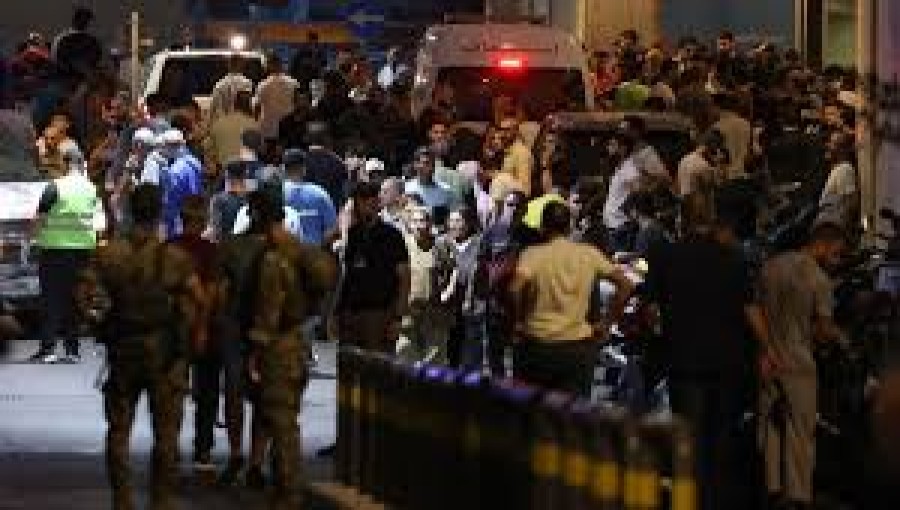
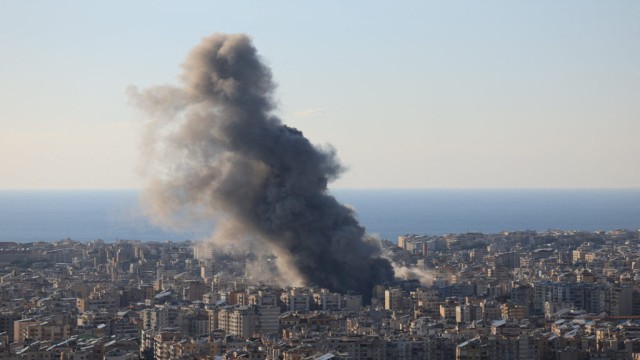
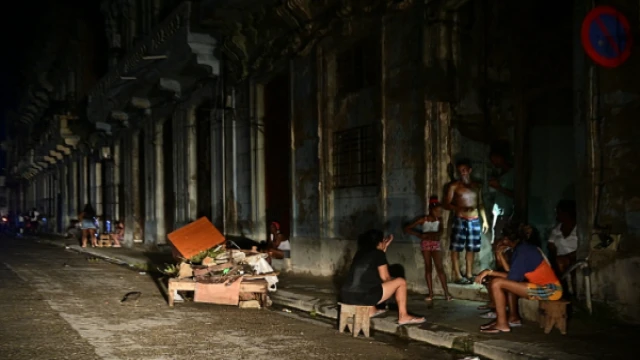

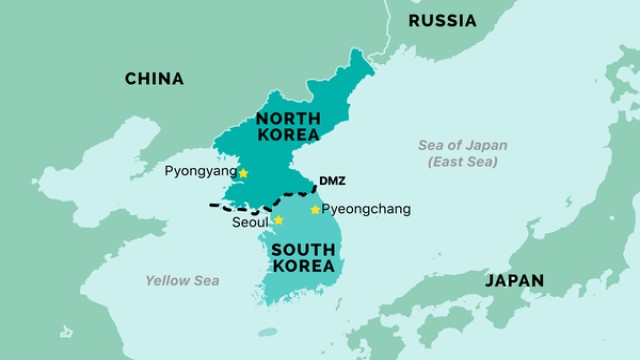
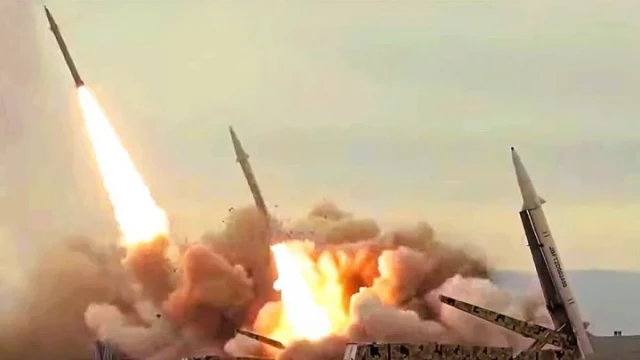
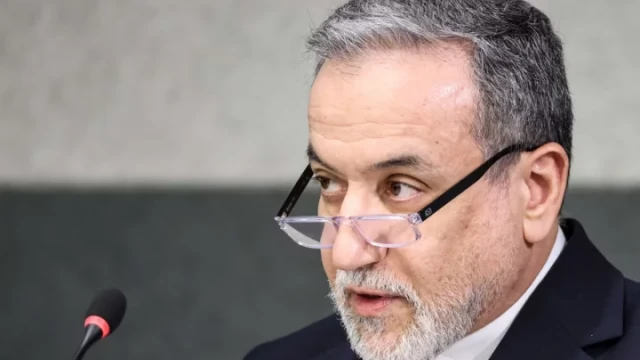
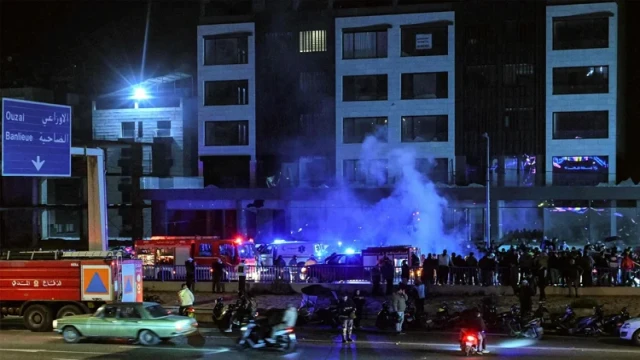



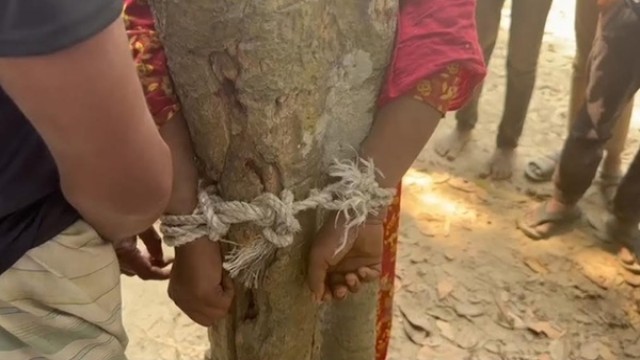












Comment: